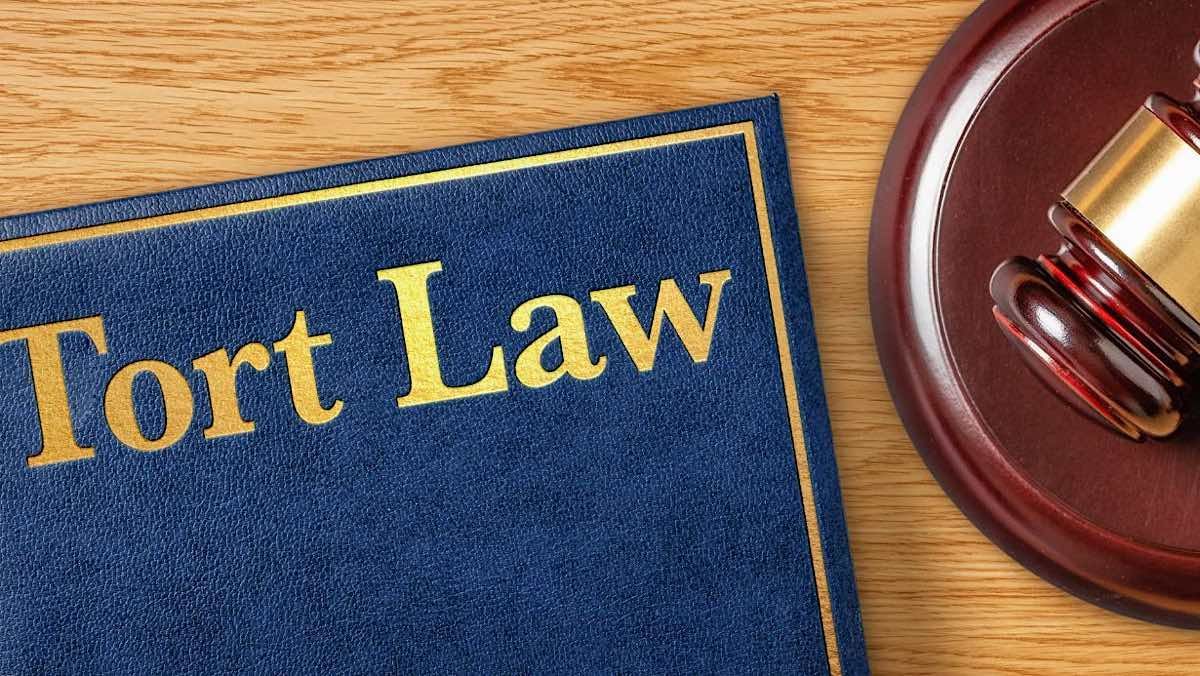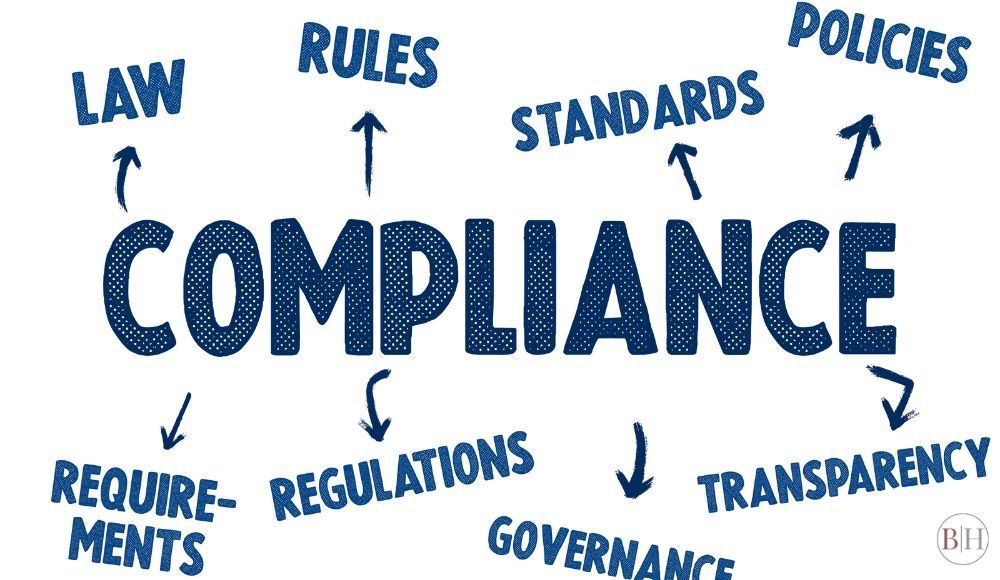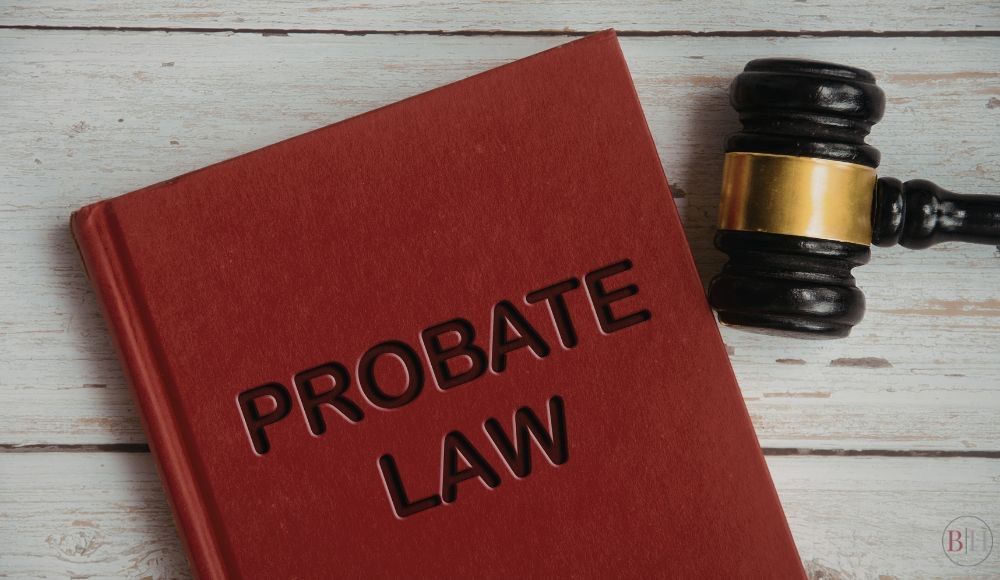What is Tort Law?

Some Civil Litigation falls under the area of tort law. You may have heard both terms but still have questions. Such as, what is the difference between civil and criminal law? What types of civil litigation fall under tort law (and which don’t)? We are here to answer those questions.
Civil vs. Criminal Law
Civil litigation often involves individuals and/or corporate entities, whereas criminal law involves a branch of the government that enforces criminal statutes on behalf of people. Both involve a plaintiff and a defendant.
In civil law, the plaintiff is the party who is alleging damages and has filed a legal action, and the defendant is the party being sued.
In criminal law, the plaintiff is the branch of government (i.e., the Commonwealth of Pennsylvania), and the defendant is the person accused of breaking the law. The penalty varies but may include fines or imprisonment if the defendant is found guilty.
Civil vs. Tort Law
What is Tort Law?
Tort law is considered a form of “restorative justice.” It provides a remedy for harm done to someone with monetary compensation. The benefits of tort law include payment to the injured party, disclosure of wrongdoing, and deterrence against negligent acts.
Sometimes, punitive damages, which “go beyond compensating the aggrieved party,” may be awarded. Punitive damages are “specifically designed to punish defendants whose conduct is considered grossly negligent or intentional. Punitive damages are also referred to as exemplary damages as they are intended to set an example to deter others from committing similar acts.”
Types of claims in tort law include: intentional, negligence, and strict liability.
Intentional Tort
“An intentional tort is a type of tort that can only result from an intentional act of the defendant,” Cornell Law School explains, “Common intentional torts are battery, assault, false imprisonment, trespass to land, trespass to chattels, and intentional infliction of emotional distress.”
Negligence
The most common type of tort, negligence, is basically carelessness. It is doing or not doing what a reasonable person would typically do under the circumstances that cause harm to someone else. Examples include car accidents, slips and falls, and medical malpractice.
Strict Liability
“In tort law, there are two broad categories of activities for which a plaintiff may be held strictly liable - possession of certain animals and abnormally dangerous activities,” Cornell explains. “Additionally, in the area of torts known as products liability, there is a sub-category known as strict products liability which applies when a defective product for which an appropriate defendant holds responsibility causes injury to an appropriate plaintiff.”
What Must a Plaintiff Prove in a Tort Case?
The main allegations a plaintiff must bring in a tort claim include:
- Duty of Care – a legal obligation to take reasonable care to avoid injury to others. For example, someone driving a car owes a duty of care to other drivers and pedestrians, and store owners have a duty of care to repair or otherwise resolve dangerous and defective conditions of which they are aware or should be aware.
- Breach of duty – A breach of duty is when someone fails to comply with the duty of care. For example, a driver fails to stop at a stop sign and hits another vehicle.
- Causation – What really caused the harm? The plaintiff needs to prove that the defendant caused the harm the plaintiff is alleging. For example, a plaintiff claiming injuries from a motor vehicle accident must prove the injuries were a result of the accident itself.
- Damages – Damages may include medical bills, lost wages, as well as pain and suffering.
Do You Need a Litigation Attorney?
Whether we are representing a plaintiff or defendant, Bingaman Hess litigation lawyers thoroughly analyze the situation, provide knowledgeable guidance, and offer all available options to help their clients.
Want to learn more? Call Bingaman Hess today at 610.374.8377 or find us online.









